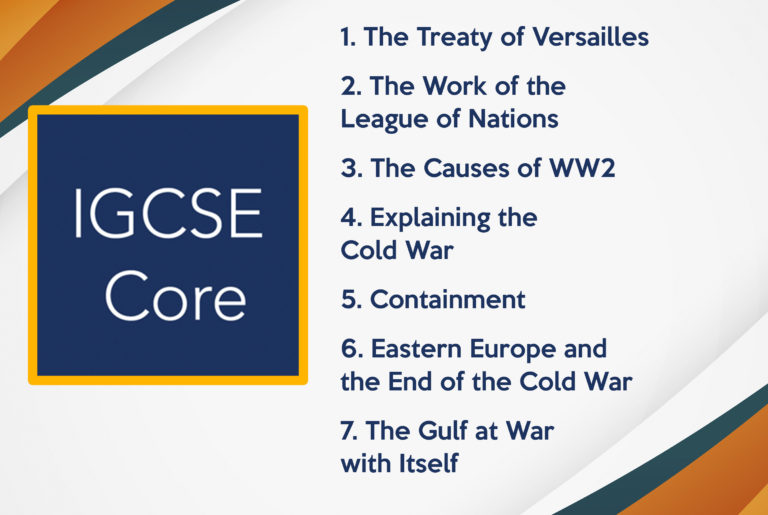Was Hitler a planner or gambler?
This is a classic approach to Hitler’s role in the causes of WW2, covered in books and exam papers. Here my intention is not to cover the arguments on each side of the debate. I cover it in my own e-book on the causes of WW2 and it is well covered in any number of books. What I intend to is to look at what lies behind the issue of planning and gambling, and tie this to the debate about “Hitler’s war”.
Let’s begin by stating the obvious. It is usually very important and is often overlooked. First of all, planning means there must be a plan. The closest we have to an overall plan is found in the pages of Mein Kampf – revision of the Treaty of Versailles, lebensraum, smashing communism, it’s all there – but it is more a set of aims than a plan. However, planning also means that you are in control of events, being proactive rather than reactive, and this Hitler certainly was. So it can still be argued that he was planning, but step-by-step (rearming, remilitarisation of the Rhineland, Anschuss, the Sudetenland, the rest of Czechoslovakia, Poland) rather than with a plan for world domination in its entirety.
Gambling on the other hand is a matter of chance. And even Hitler realised that the remilitarisation of the Rhineland was a huge gamble. With no certainty of the outcome. In diplomacy or war this is always the case though, as in gambling, the odds will vary a lot according to a variety of factors. Here we can say that the odds were more in Hitler’s favour with regard to Anschluss, the Sudetenland, the rest of Czechoslovakia and at least as Hitler thought, Poland.
But there is also an element of reacting to events in gambling, and Hitler did this too. For example, the remilitarisation of the Rhineland was undertaken whilst the world was more concerned with Italy’s invasion of Abyssinia.
So, how does the debate unfold?
Planning? | Gambling? | |
Overall | Hitler had made sure of alliances with Italy and Japan. | At no point was Hitler ready for a major war. |
Rearmament | It was already underway secretly before Hitler came to power. Hitler continued in secret but then rearmed openly. | Not much of a gamble. How would Britain and France stop him? There was clearly not the will. Britain even made a naval agreement with him. |
Remilitarisation of the Rhineland | Part of the bigger plan as the Rhineland had to be secured against France whilst it would be the springboard for any invasion of France. | Hitler only moved when Italy’s invasion of Abyssinia had diverted attention. And his excuse had been the signing of a treaty between France and Russia. So, reacting to events rather than controlling them. Also, Hitler himself considered it to be a tremendous gamble. |
Anschluss | Preparations put in place with unrest provoked by Austrian Nazi’s and, at the second attempt, Mussolini’s support had been secured. | Though a first attempted move towards Anschluss had been blocked by Mussolini. |
The Sudetenland | Again, preparations put in place with unrest provoked by Sudeten Germans | The Munich Conference brought Britain and France directly into the equation. But it also gave Hitler the opportunity to back down if things went against him. |
The rest of Czechoslovakia | It was always going to be his next move. | Made easier after the Sudetenland had been handed over. |
Poland | The Nazi-Soviet Pact had made sure Hitler wouldn’t face a war on two fronts (not in 1939 anyway). | But clearly Hitler’s gamble that Britain and France would again back off was the wrong call. |
Overall | What Hitler had done was all set out in Mein Kampf. | Hitler gambled most when he remilitarised the Rhineland. After that, he felt each move was less of a gamble. |

4.





Previous
Next